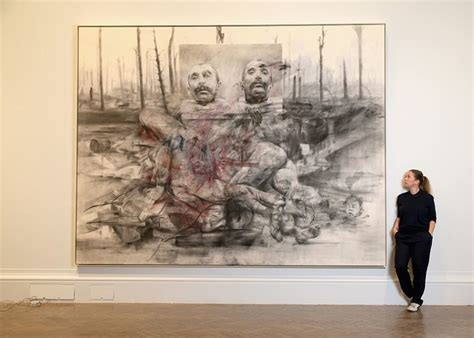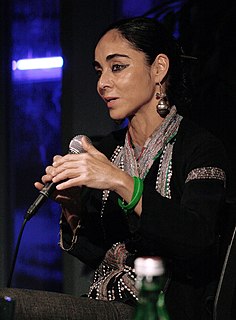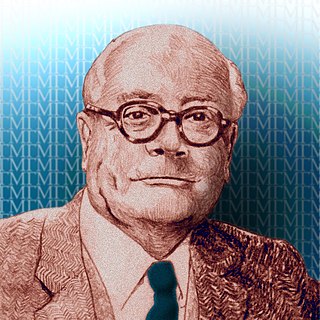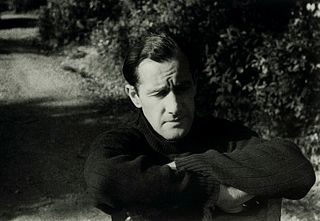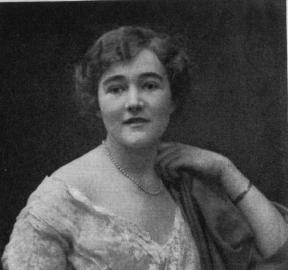A Quote by Jenny Saville
I want people to know what it is they're looking at. But at the same time, the closer they get to the painting, it's like going back into childhood. And it's like an abstract piece.. it becomes the landscape of the brush marks rather than just sort of an intellectual landscape.
Related Quotes
When it does get below freezing and there is - it's cold enough for ice to form, then that changes the whole landscape, and it makes the landscape a different landscape to the one that I worked with previously. And I want to understand that. But the big tension of the ice works is that they're often made when it's cold enough to freeze one piece of ice to another.
You have bits of canvas that are unpainted and you have these thick stretcher bars. So you see that a painting is an object; that it's not a window into something - you're not looking at a landscape, you're not looking at a portrait, but you're looking at a painting. It's basically: A painting is a painting is a painting. And it's what Frank Stella said famously: What you see is what you see.
Getting into a space suit and going outside, to me, getting your peripheral vision involved and looking at the Earth was a whole different experience than looking through the window. And it's kind of the same on earth. If you're driving in a car and you see like a beautiful sunset or landscape, it looks so much better if you stop and get out and kind of take it all in and that's kind of what it's like doing a spacewalk.
The world is moving into a phase when landscape design may well be recognized as the most comprehensive of the arts. Man creates around him an environment that is a projection into nature of his abstract ideas. It is only in the present century that the collective landscape has emerged as a social necessity. We are promoting a landscape art on a scale never conceived of in history.
The rhythm of walking generates a kind of rhythm of thinking, and the passage through a landscape echoes or stimulates the passage through a series of thoughts. The creates an odd consonance between
internal and external passage, one that suggests that the mind is also a landscape of sorts and that walking is one way to traverse it. A new thought often seems like a feature of the landscape that was
there all along, as though thinking were traveling rather than making.
The pleasure a man gets from a landscape would [not] last long if he were convinced a priori that the forms and colors he sees are just forms and colors, that all structures in which they play a role are purely subjective and have no relation whatsoever to any meaningful order or totality, that they simply and necessarily express nothing....No walk through the landscape is necessary any longer; and thus the very concept of landscape as experienced by a pedestrian becomes meaningless and arbitrary. Landscape deteriorates altogether into landscaping.
